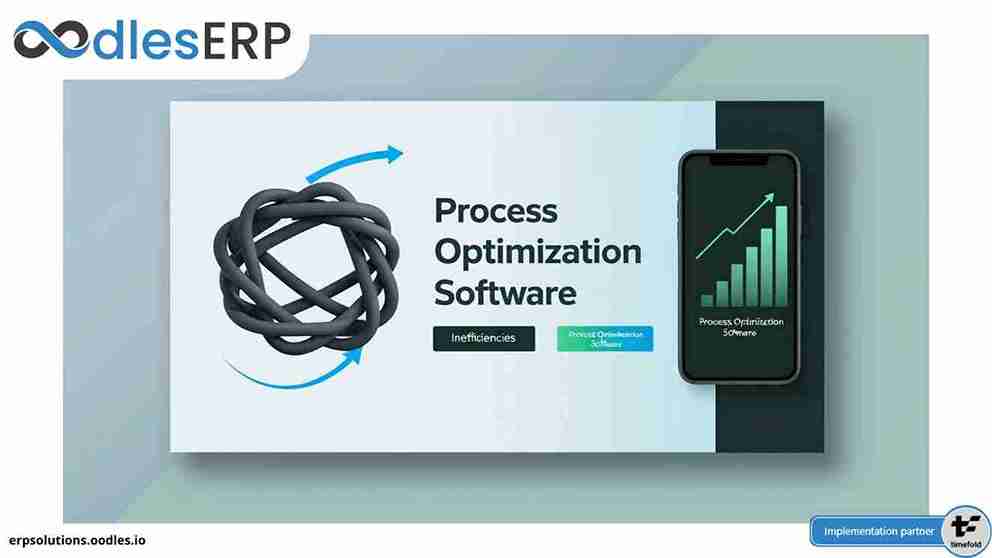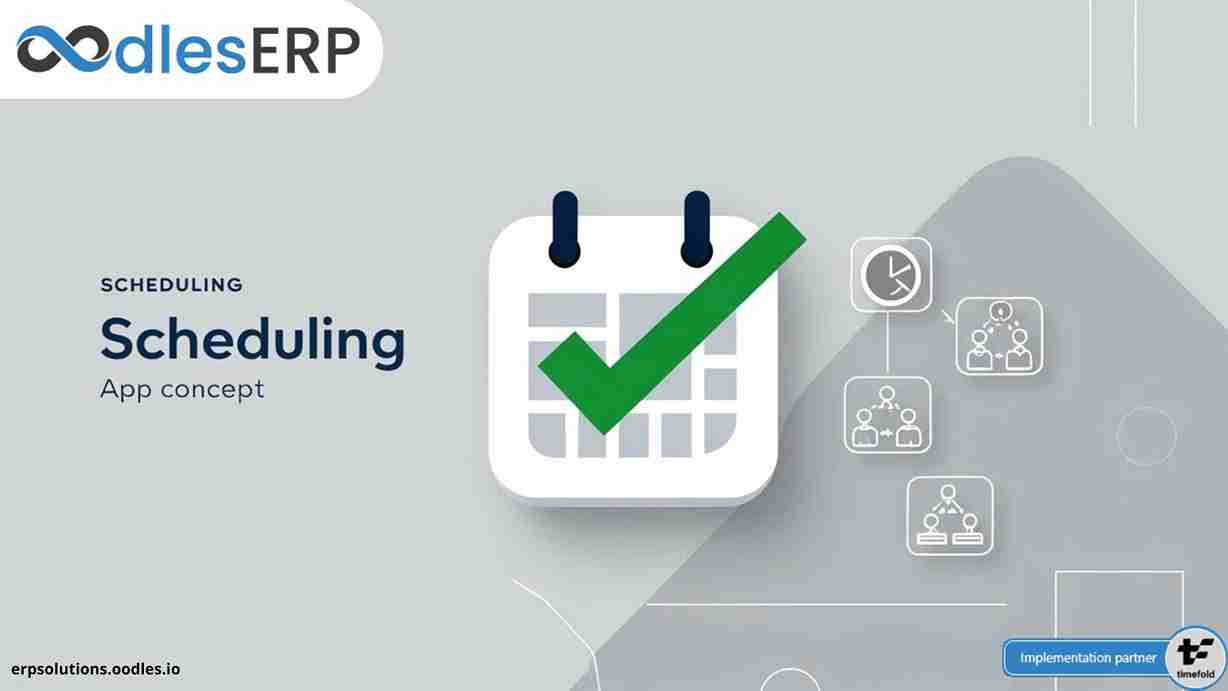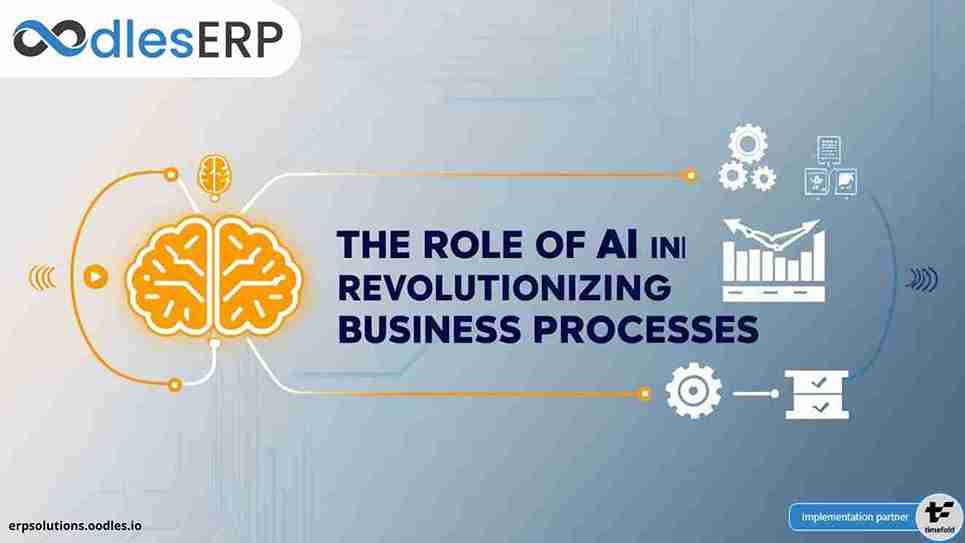This post highlights the industry best practices for CRM software development that enterprises must take into account while opting for CRM solutions.
Also, Read Steps To Achieve Digital Transformation Through CRM Software Development
Define Your Objectives
Before we start with the development process, it is crucial to define your business goals and what you want to achieve through CRM software. Besides, it is critical to choose the right features, functionalities and technology stack to extract maximum benefits from CRM software development. Defining business objectives enables enterprises to set up realistic expectations and identify potential roadblocks before they become major issues.
Selecting The Right Tech Stack
The second step is selecting the technology stack for CRM software development. The technology stack definitely has a significant impact on the project's success as it directly impacts the quality of development and the performance of the application. At the same time, it is critical to consider factors like security, scalability, flexibility, and integration capabilities while selecting a tech stack for CRM development. The tech stack for CRM software development may include Java, Python, Angular, React, and similar technologies based on project requirements.
Focus On The User Experience
The CRM application must be designed to improve customer experiences, keeping in mind the user experience of the sales team. That said, the UI of the CRM app must be intuitive, user-friendly, and responsive to deliver seamless user experiences. A well-designed CRM app enables sales reps to easily retrieve data and respond to customer queries in the best way possible.
Agile Development Methodology
Agile methodologies may help enterprises develop and implement a CRM application faster and more efficiently while placing a strong emphasis on teamwork, adaptability, and iterative development. As a result, it allows cross-industry enterprises to quickly adapt to changing business policies and dynamic customer needs. Most importantly, following the agile approach may help identify and address many issues in the development phase, thereby saving time and resources.
Also, Read Developing CRM Software For Sales Process Automation
Software Security
Security is a critical consideration in CRM software development. Your CRM system will contain sensitive customer data including personal and financial information. You need to ensure that your system is secure from potential cyber threats such as hacking and data breaches. This involves implementing industry-standard security protocols such as SSL encryption and two-factor authentication.
Integration Support
Ease of integration is a crucial factor to consider when opting for CRM software development services. For starters, your CRM system must be able to seamlessly integrate with proprietary and third-party applications such as ERP, accounting, and marketing automation. At the same time, it must provide a holistic view of your business operations, enabling enterprises to make informed decisions while enhancing customer engagement. For instance, enterprises may consider using APIs and webhooks to efficiently integrate their CRM systems with other applications.
Test and Validate
Testing and validation are critical components of CRM software development. Before launching your application, it is essential to test it thoroughly to identify and address issues that may arise. It may involve a number of testing techniques such as unit testing, integration testing, system testing, and user acceptance testing. You can also use automation tools to streamline the testing process and reduce the risk of human error. The most popular testing tools that enterprises may use for this purpose are Selenium, Appium, and Katalon Studio.
Support and Maintenance
CRM software development is not a one-time project, as it may seem. It requires continuous support and maintenance to ensure smooth performance with minimal downtime or glitches. Besides, the CRM system requires regular updates, bug fixes, and security patches to remain up-to-date and immune to cyber attacks. It is, therefore, advisable to have dedicated resources deployed for software maintenance to ensure smooth performance in the long run.
You may also like to read CRM Software Trends To Watch In 2023
Closing Thoughts
Finally, you need to seek feedback from users and continuously improve your CRM system. This can involve gathering feedback through surveys, user testing, and customer support channels. You can use this feedback to identify areas for improvement and make iterative changes to your system. When it comes to CRM software development, it is important to seek assistance from experienced ERP developers. Instead of setting up an in-house team of developers, it is advisable to outsource a trusted ERP development company.
Why Choose Us For Custom CRM Software Development?
We are a seasoned ERP development company that excels in building custom CRM applications for diverse business needs. Our ERP experts have ample experience in developing and implementing enterprise-grade CRM applications that are easy to scale. We use open-source software platforms like Odoo, OFBiz, and ERPNext to build high-quality CRM solutions at cost-effective rates. Our CRM application development services enable enterprises to enhance their customer experiences and build long-term customer relationships.










